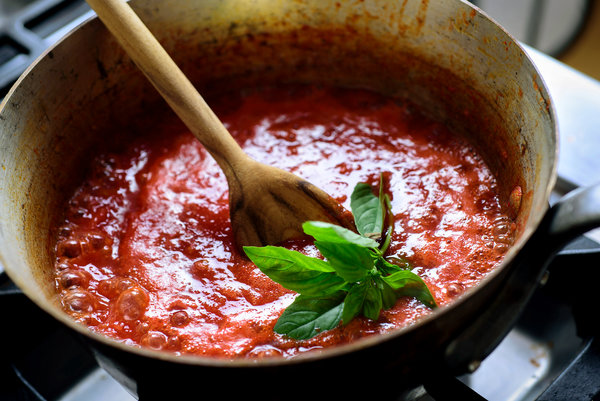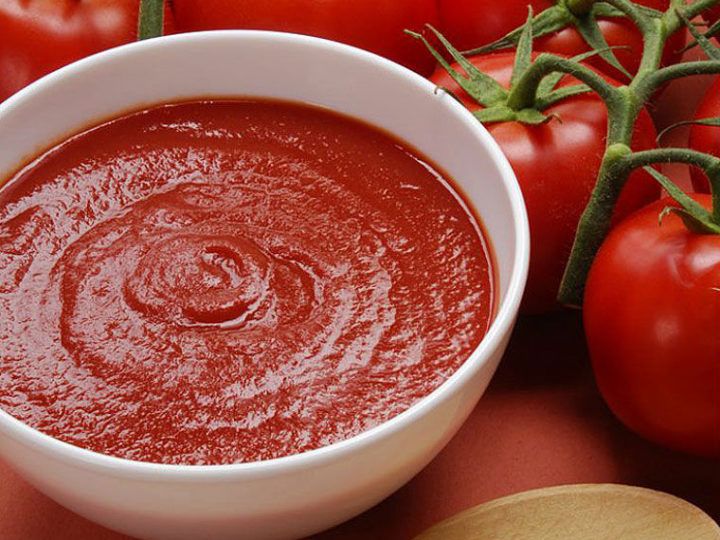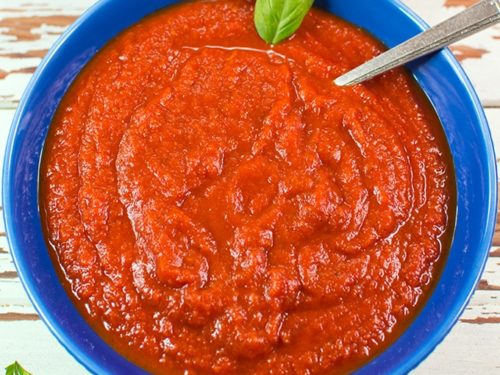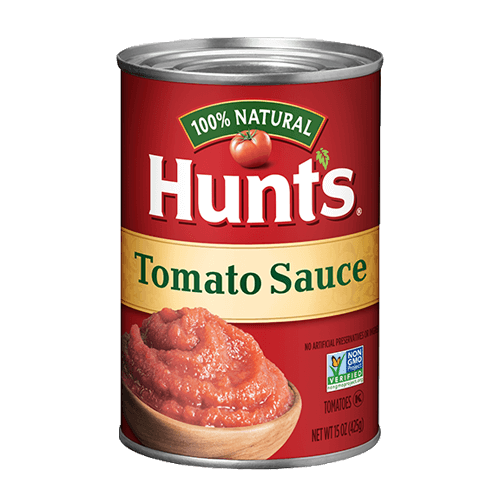People of all age groups love tomatoes in different forms. While the tomato sauce is one of our favorite side dishes for most of our foods, tomatoes, whole tomatoes add a lot of flavor to our curries. When tomatoes are sliced and added to salads, the taste goes several notches higher than it already was.
As they are loaded with vitamins and minerals, tomatoes are considered one of the healthiest fruits for humans. Yes, tomatoes belong to the family of fruits, though most of us consider them a vegetable. Tomatoes are rich in Vitamin C, which improves immunity in humans. Like all red-colored fruits and vegetables, tomatoes, too, contain an important compound called lycopene. According to experts, lycopene protects your skin and prevents issues like sunburn. Regular consumption of lycopene can also reduce your risk of cancer and cardiac ailments.
While we can go on talking about the health benefits and wonders of tomatoes, we know that you have come here to know if you can give this wonder-fruit to your felines as well. Keep reading to know more about tomatoes being included in a cat’s diet.
Well, the short answer to the question, can cat eat tomato sauce or tomatoes, is no. Though tomatoes are replete with benefits for humans, they don’t contain any nutritional value for felines. The digestive system of cats is not equipped enough to handle tomatoes or tomato sauce.
Why is tomato sauce not safe for cats?

Before you get alarmed on hearing this, let us first reassure you a bit by saying that it is okay for cats to lick a little tomato sauce at times, accidentally. Your feline will not immediately report any serious health risks if it consumes a little sauce now and then. However, giving tomato sauce at regular intervals to cats is not recommended.
The tomato plant contains a compound known as solanine, which is toxic for most pet animals, including cats. When cats ingest the leaves of the stems and leaves of a tomato plant in large quantities, it can lead to abdominal issues in felines. Vomiting, lethargy, and slow heart rates are some of the common symptoms that cats exhibit when they have had too much solanine.
Are all tomatoes bad for cats?
No, the ripe tomatoes are the safest version of the fruit you can give to your cats. However, please note that cats are obligate carnivores. So, all fruits and vegetables should be given to cats as treats only. These treats should form no more than 10% of your cat’s total diet. So, even though ripe tomatoes are safe for cats, you should be alert about the quantity. Moderation is the key principle you need to follow when introducing any treats to a cat’s diet.
Is tomato sauce as risky as tomatoes for cats?

Tomato sauce poses more health risks than fresh tomatoes to cats. This is because tomato sauce, especially the processed ones available in the supermarkets in the form of battles and sachets, contains artificial preservatives and salt. Almost all brands of tomato sauces use salt to increase the shelf life. So, we will never recommend giving this to cats.
If your cat licks a small bit of sauce that has fallen to the ground from your plate, there shouldn’t be any cause for concern. However, giving your cats a large amount of tomato sauce over a prolonged period can be very dangerous for them. The digestive system of cats is not equipped to handle salty foods.
Sodium poisoning or salt toxicity is one of the common ailments you might see in cats when they eat many salty foods. The symptoms of this ailment include dehydration, swelling of legs, kidney failure, lethargy, excessive urination, constipation, and seizures (in severe cases). It is better to keep cats away from fresh and processed tomato sauces, including ketchup, to reduce their risk of salt toxicity.
Are all red sauces dangerous for cats?

Ripe tomatoes are the main ingredients of red sauces. Unfortunately, that’s the only ingredient in them that is safe for cats. Store-bought red sauces should be kept as far as possible from cats because you can never be sure of the ingredients used in them. For example, some store-bought red sauces may use common flavorings such as onion and garlic, which are highly toxic for cats.
The oxidants found in onion and garlic may provide excellent health benefits for humans. However, they are extremely toxic for cats. These can break down the blood cells of these animals, leading to anemia and other severe gastrointestinal ailments.
If your cat has ingested tomato sauce with toxic ingredients for a prolonged period, it will exhibit the following symptoms:
- Vomiting
- Diarrhea
- Respiratory ailments
- Skin rashes
- Paleness in the gums
- Increased palpitations
- Difficulty breathing
- Loss of appetite
- Dehydration
- Fainting
- Seizures
- Lethargy
If your cat shows any of these symptoms, please take it to the vet immediately. It needs to be on emergency procedures to get the toxicity of onion & garlic out of its system.
Final Word
While we all love tomatoes and tomato sauce, we should be careful about feeding the same to our feline friends. Fresh and ripe tomatoes can be given to cats, sometimes, as treats. However, we all know that tomato sauce is never made of these ripe tomatoes only. More often than not, other ingredients like oils, salt, garlic, onion, oregano, and other herbs & spices are added to the tomatoes to make the tasty sauces, which we love so much,
The additional ingredients are not safe for cats. The digestive system of cats can handle only meat and meat-based foods properly. They cannot handle the toxicity caused by the overconsumption of onion and garlic. You might be surprised to know that onions and garlic are considered some of the top toxic foods for felines today. If your cat has licked only a small drop of sauce accidentally, you don’t have to be alarmed. However, if your cat has consumed a lot of tomato sauce over many weeks or days, you have to rush it to the vet immediately if it exhibits any of the symptoms mentioned in the above sections.
